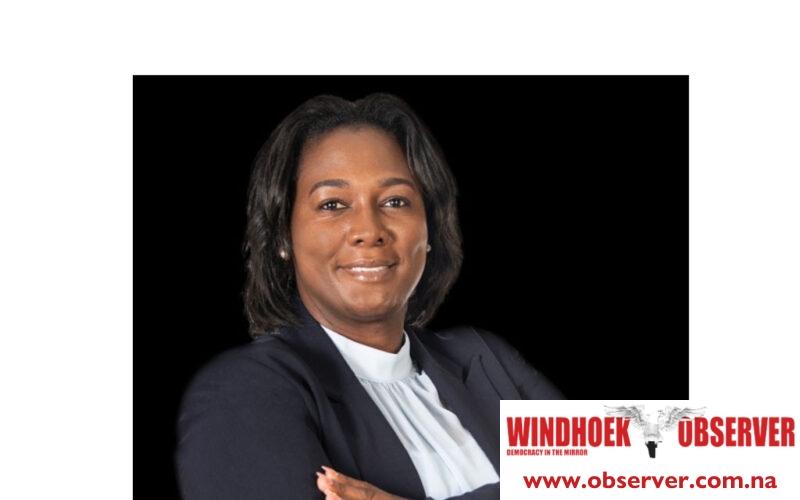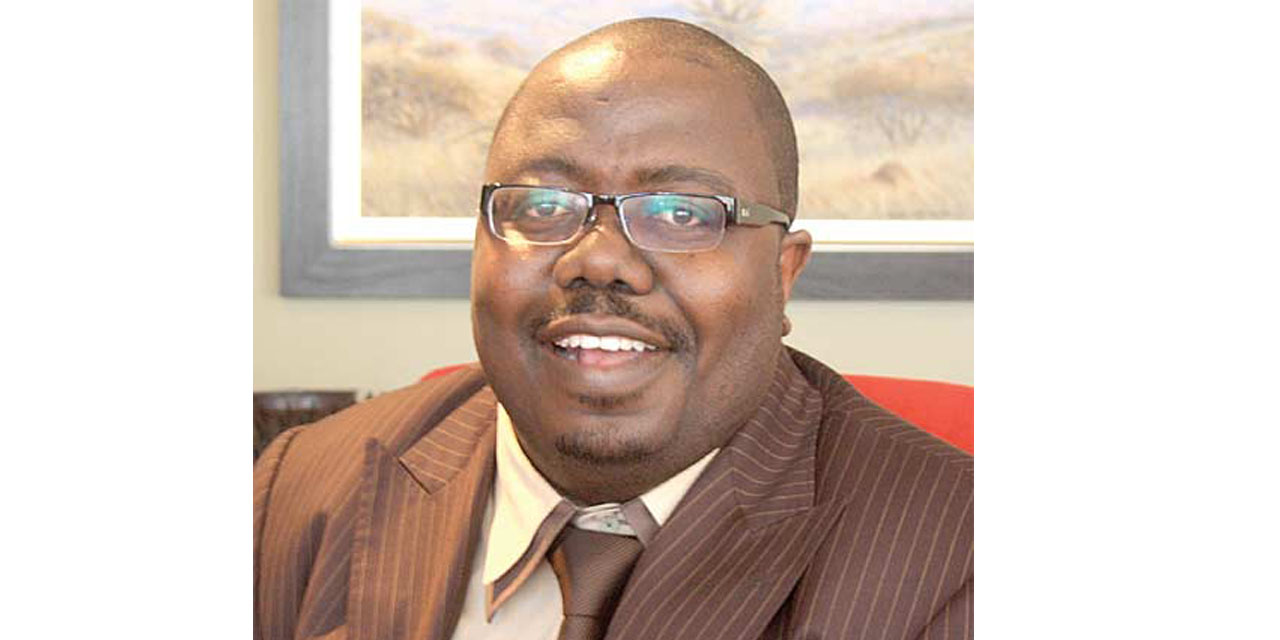Ester Mbathera
Trade specialists and legal practitioners have flagged governance issues in the Namibian fishing industry.
The issues rose to the surface following a lawyers’ proposals to Namibian right holders by their clients Erongo Sea Products (Pty) Ltd (ESP) and Erongo Marine Enterprises (Pty) Ltd (EME) for a win-win solution to resolve existing conflicts among stakeholders.
Cronjé Incorporate, a local law firm representing ESP and EME raised questions about the representation and dominance of EME representatives on the ESP board and decision-making processes.
“We note that the composition of the board is in line with the rights in terms of the shareholders’ agreement, as it seems that EME and Cerocic each appointed one director and Arechanab and ESF each appointed two directors to the board of ESP. Whether these representatives were however truly considered and nominated by the right holders to represent them on the ESP board is another question altogether,” reads the proposal.
Currently, the board of the two companies is made up of the same group of people.
These are EME suspended managing director Martha Uumati and EME sales manager Kuda Hartzenberg from Namibia.
The South African team consists of employees of Blue Continent Products (BCP), Ina Botha, the chief executive, Michael McEwen, the financial director and Pierre Rocher, the operation director.
EME is a subsidiary of BCP which is a subsidiary of Oceana Group in South Africa.
While ESP is owned by 48.3 percent of Namibian right holders and EME by 51 percent.
The law firm also noted that there were significant deviations from the shareholders’ and joint venture agreements over the years.
Trade specialist Rodney Hoaeb cited a lack of prescribed frameworks and unresolved disputes as key governance issues in the fishing sector.
According to him, the fishing industry operates under highly unorthodox and self-imposed governance models, resulting in many disputes among sector representatives, quota holders, and management companies.
“In most cases, the companies that manage quotas undermine the role of their shareholders (of which majority is right holders) and deploy their financial resources to retain such immunity. It is peculiar that a company engages with their partners through lawyers as middle man, this well-crafted legal defence mechanism is not relevant in the modus of organisational stability and growth. Sadly, such legal intervention doesn’t act in favour of the company but to defend only the interest of their clients and a judicial hedge to trivialise the participation of locals,” he said.
Hoaeb recommends that the Ministry of Fisheries and Marine Resources appoint an independent governance expert to assess the situation and provide guidance on establishing a fair and equitable framework for the control, management, ownership and disposal of assets within the fishing sector.
“Clearly there is a myriad of unresolved disputes among sector representatives and quota holders because it lacks a holistic model, leaving room for exploitation,” he said.
Oceana which is listed on the Johannesburg Stock Exchange (JSE) for over 75 years, the A2X Markets as well as on the Namibian (NSX) and A2X stock exchange, is currently being investigated by the Namibian Competition Commission (NaCC) for allegations of price fixing in the fishing industry.
Namibian rights holders and board chairpersons Patric Nandago for Arechanab, Titus Imbili for Erongo Seafood and Muetulamba for Cerosic did not respond to questions sent to them two weeks ago.
OCEANA FOR SOUTH AFRICAN SHAREHOLDERS BENEFITS
Apart from governance, Uumati has brought more issues to the attention of Oceana for some time.
In recent correspondence to Oceana Chief Executive, Neville Brink, Uumati claimed that EME and the group’s reporting to stakeholders is not a true reflection of the reality on the ground.
She questioned whether EME operations were created to benefit the South African company.
“It is truly disturbing that strategic partnerships were all along not a true representation in relation to what is transpiring, and the representation made to government is and was never fulfilled as a result thereof. Was this done with the sole purpose of securing continued renewal of fishing rights and quota allocations from the Namibian government?” she questioned.
She further claims that while the company is exploiting Namibian resources, the local shareholders’ voice continues to dwindle.
Uumati referred to the company’s board, which is made up of a majority of South Africans who are also all employees of BCP.
Uumati, who has been running the company since 2017, has on numerous occasions requested clarity on the EME team’s role, which she says is hindered by the Oceana executive team and centralised services.
In correspondence between Uumati’s lawyer Richard Metcalfe and Oceana’s lawyers Köpplinger Boltman, it was also revealed that EME has been in the dark when it comes to the finances of its operations as everything is run from South Africa by its mother company BCP.
Metcalfe said Uumati as head of EME did not attend to any banking or treasury activities of the company as all payment authorisation and payments are processed by BCP Finance and the Oceana Group.
“Finances pertaining to Erongo Marine Enterprises (Pty) Ltd have been partially relinquished by your (Oceana) client to such a company during October 2023 subject to limitations which ensure that all banking, creditors and treasury functions are retained by your South African client. Creditor information and payments are always reviewed and authorised before payment by your client,” he said.
Uumati referred to the setup as Namibia being a cash cow for Oceana and her team being mere ‘paper pushers’ while BCP/Oceana makes a minimal contribution to the Namibian economy and development.
On 11 February, Brink accused Uumati of making unsubstantiated and inflammatory comments without first seeking the facts.
He advised her to seek facts and ask appropriate questions to better understand the issues and act in a respectful and professional manner.
“This type of communication undermines that very objective. A simple phone call or inquiry would have led you to the answer. You are not showing the leadership that I am trying to build in Oceana,” he said.
Uumati was suspended by Brink and Botha on 13 February.
Apart from the original charges of insubordination, Uumati now faces additional charges of using company funds to pay for personnel entertainment, purchasing clothing without providing invoices in 2021, payment of a makeup artist in 2023, contravening the company confidentiality policy and putting the company’s reputation in disrepute by sharing information with the media and other parties.
She is also charged for making xenophobic, racist and sexist remarks about Oceana, BCP and EME shareholders through her lawyer.
Uumati is further charged for disclosing legal and confidential correspondence to the Labor Commissioner’s office.
She is yet to have a hearing




